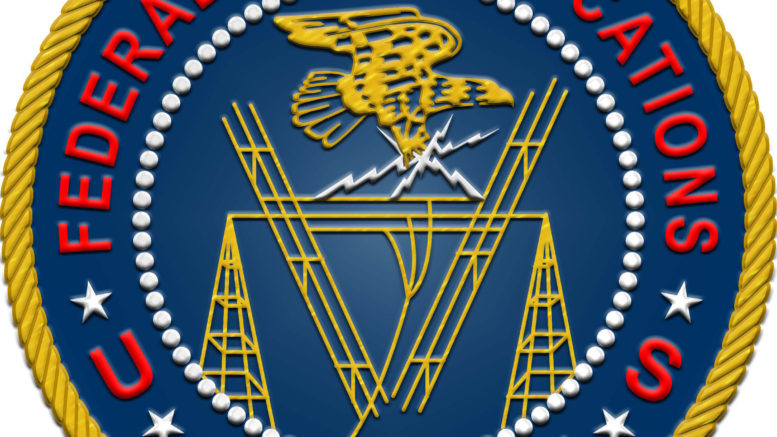On Friday, one of the lesser-noticed transitions in government took place as Tom Wheeler stepped down from his position as chair of the FCC. Mr. Wheeler would have been within his rights to continue for some time but chose to leave office at the same time as the President who appointed him. This is a common practice. While Mr. Wheeler endured great public derision in his quest to understand the practice of net neutrality, he eventually became a champion for the general populace in their fight to make sure that the internet remained open and fair. His legacy, however, was one of net neutrality rules that never worked quite as intended. His other promises, such as ending the practice of blacked out channels during contract disputes, went unfulfilled. While I applaud Mr. Wheeler for listening to the voice of the people, he ends his tenure with mixed grades in actually executing what he intended.
It seems that the new administration has tapped current commissioner Ajit Pai to lead the FCC. This comes as no surprise as Mr. Pai is the ranking Republican on the commission and would need no confirmation to serve as its chair. This means he can get to business immediately, or what passes for immediately in the FCC.
It’s likely his first order of business will be to start unraveling the FCC’s net neutrality rules. Mr. Pai was an opponent of the rules to begin with and as its commissioner he can set in motion plans to remove or rework them. As with the original net neutrality rules, however, it will take a long time. FCC procedures are designed to be slow, with public filings, comment periods, amendments, and such. It’s frustrating but it’s a method designed to get the best possible long-term results.
Current net neutrality rules have certainly helped to raise awareness of the issues, but depending on your point of view they either went too far or not far enough. If you’re on the red side of the fence, you likely believe that carriers have a right to provide the services they want to provide on the infrastructure they built, and over-regulation will simply make carriers stop innovating. If you’re on the blue side, you probably think that the practice of “zero rating” (not charging for some services because you own them) pretty much guts net neutrality anyway. No matter who you are, you probably think the current rules don’t work right.
That’s why I applaud Mr. Pai and wish him luck in the long process of understanding and reforming the way that internet services are delivered. While I do actually stand behind the long process of FCC rule-building, it’s pretty fair to say that it’s incompatible with the way the internet is evolving. By the time you actually get a rule in place, the internet has changed in a way you have never intended.
We’re currently in the process of redefining cellular internet to include things that were never possible even a year ago like high-speed, high-quality video and always-on audio streaming. It’s hard to know what the real issues of the day will be in 2018 or 2019 which is when we’ll see new rules on net neutrality. If I had to hazard a guess, I think that regions of the country that currently don’t have high-speed (50Mbps+) internet will be served by new 5G internet that doesn’t require a wired connection to the home and still delivers fast, plentiful data with no painful caps. I’m not sure what challenges that will bring, and I don’t think anyone else knows either.
So, from all of us at The Solid Signal Blog, we wish Mr. Pai the best of luck in what must be an incredibly difficult job, and we wish Mr. Wheeler a pleasant and quiet retirement. Perhaps he’ll return to Redlands, California where he was born and enjoy the mild weather and pleasant people.





